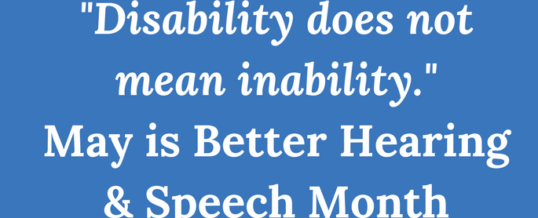Creative Ideas To Offer Better Visual Support For Neuro-Diverse Children
By Guest Contributor Evan Brown
Leveraging visual support for neuro-divergent children entail using a visual item, such as a picture card or mood boards, to communicate with a child who exhibits a shortcoming in using or has difficulty understanding language. Visual supports can be in the form of lists, written words, objects, drawings and photographs. Ample research stands as evidence that visual supports provide one of the best communication mediums for children with developmental disorders. When employed for children on the autism spectrum, a visual support serves two main purposes: helping the child communicate with those around them, and aiding parents in communicating better with their child.
JUN








